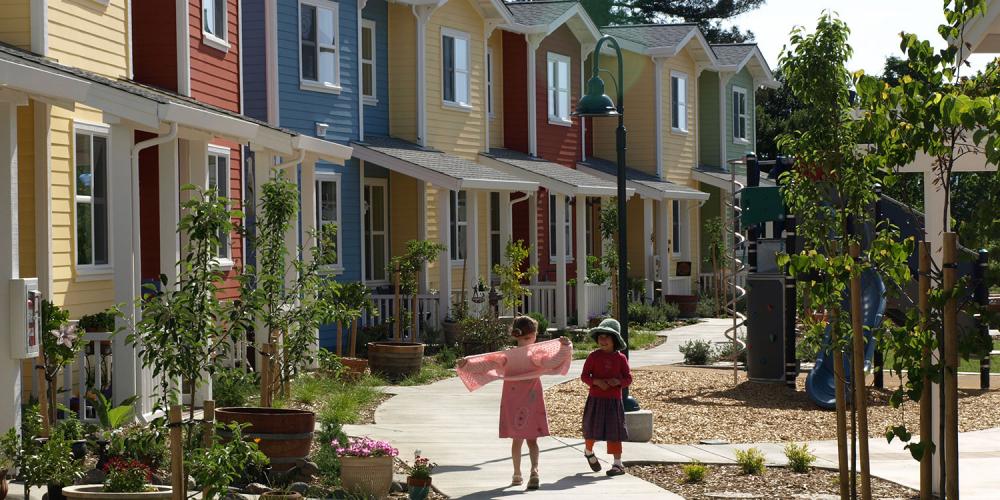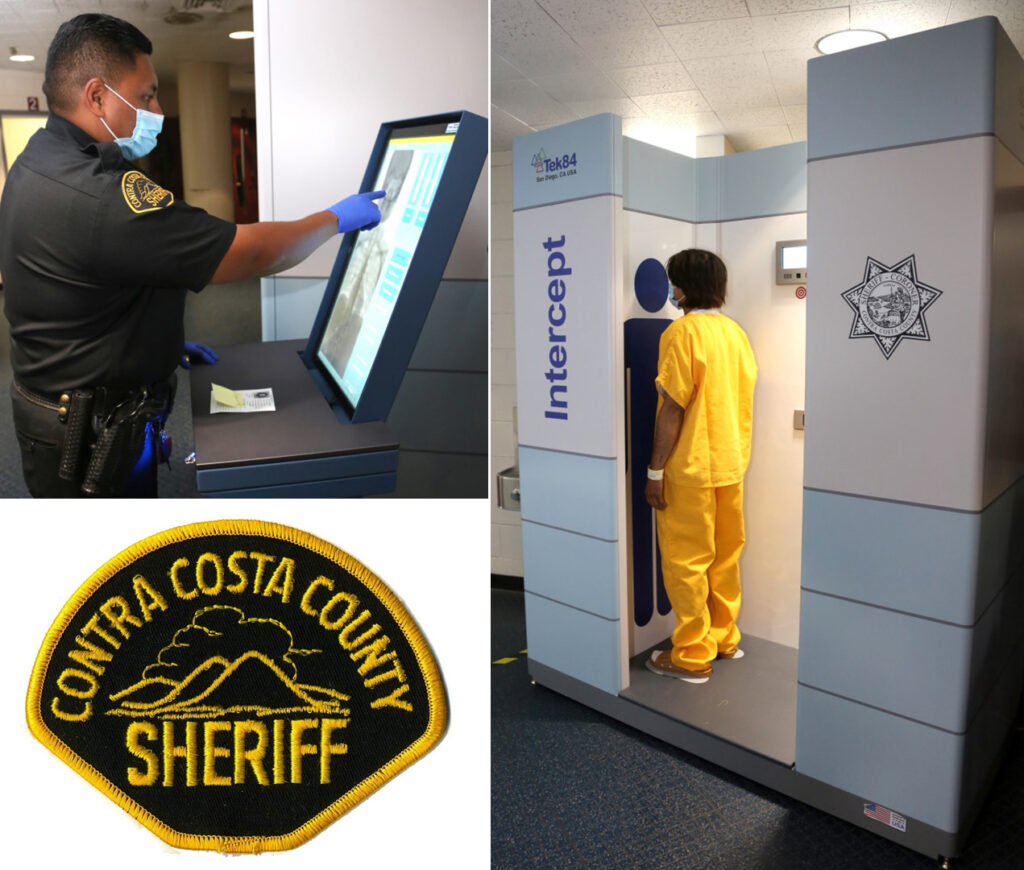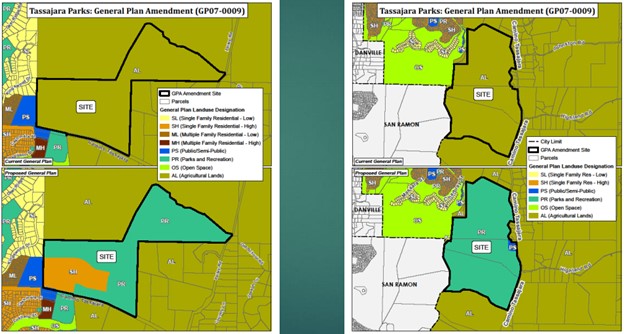
Tassajara Parks General Plan Amendment land use maps. From presentation.
Tassajara Parks in the San Ramon Valley and Pantages in Discovery Bay will add 417 single family homes in Supervisorial District 3 with support of environmental groups
Approve Ameresco Renewable Natural Gas Processing Facility and Pipeline at Keller Canyon Landfill
Flash green light for further study moving Byron boys ranch to former Martinez Juvenile Hall
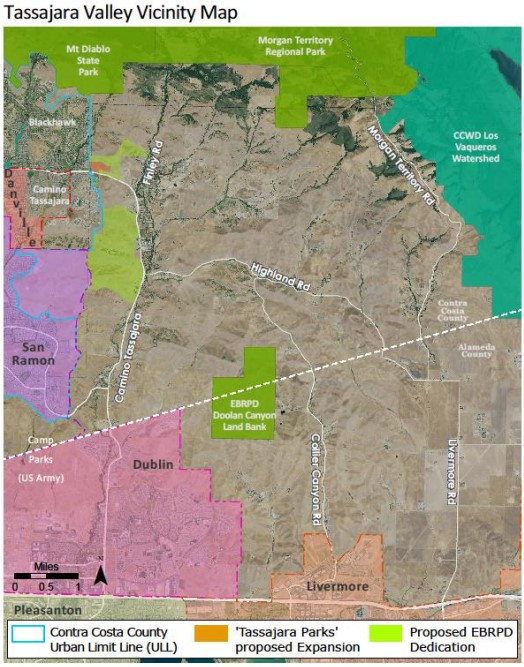
Tassajara Valley vicinity map. From presentation.
By Daniel Borsuk
The Contra Costa County Board of Supervisors worked on solving the county’s complex housing shortage during their meeting on Tuesday by approving two major housing developments, the 277-single family housing unit Pantages residential project in Discovery Bay and the controversial 125-housing unit Tassajara Parks residential project near San Ramon, both in District 3, board chair Diane Burgis’ turf.
The more controversial Tassajara Parks Residential Project drew the support of major environmental groups like Green Belt Alliance, Save Mt. Diablo and East Bay Regional Parks District mainly because the developer’s moved to do a “fee simple transfer “of 727 acres of land to the East Bay Regional Park District.
“This fee simple conveyance to the EBRPD will ensure that the Dedication Area is protected and preserved in perpetuity for the following non-urban uses only: agriculture, open space, parks, recreation, scenic uses, wetland preservation and creation, and habitat mitigation,” the supervisors’ background information states.
Save Mt. Diablo Land Conservation Director Seth Adams called the land transfer “a great trade off” and will go a long way in the preservation of wildlife, especially raptors and eagles.
“It’s a 30-acre adjustment to the Urban Limit Line which is allowed by a four-fifths vote of the Board of Supervisors based on at least one of seven findings,” Adams shared with the Herald. “Here it was the creation of an ag preserve by two more agencies.”
The Danville city council opposed the project contending the open space trade offer was inadequate especially when California is in a drought. “The city council felt that the scope and magnitude of the project with 125 homes in exchange of open space was insufficient. The city council did not feel it was worth the trade off, “said City of Danville Manager Joe Calabrigo.
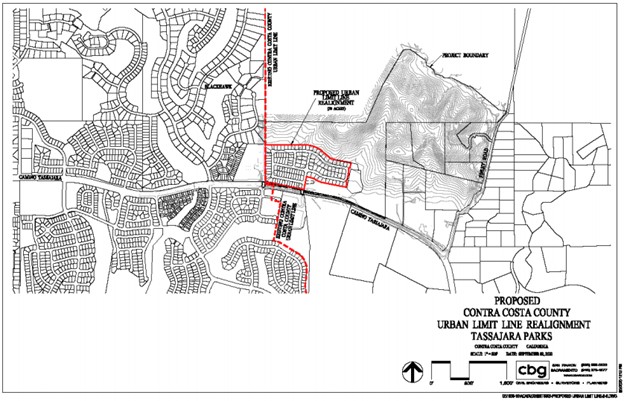
The approved Tassajara Parks Urban Limit Line realignment. From presentation.
District 2 Supervisor Candace Andersen of San Ramon, who cast the lone dissenting vote, said she was concerned any action by the supervisors would require approval of the voters to adjust the urban limit line.
“I know we need the right mix of housing,” said Andersen. “If we move the urban limit line, that is up to the voters. I have strong reservations about the environmental impact report. Then there is no source of water for this project.”
Before supervisors approved the Tassajara Project on a 4-1 vote, District 1 Supervisor John Gioia successfully added to the board’s resolution several conditions, one that included that the developer must install solar panels and EV charging stations inside the garage or carport. In addition, he added the installation of high efficiency appliances and insulation to zero net energy and to meet the standards to be solar-ready as defined by the California Building Standards.
The developer agreed to Gioia’s additions to the project’s resolution of approval.
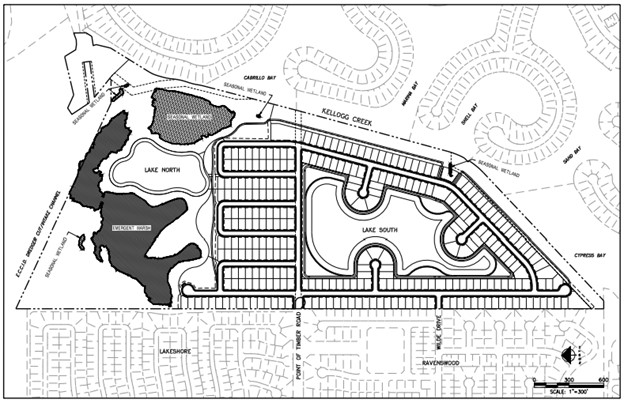
Pantages Bays site map. From presentation.
The Tassajara Parks project also garnered support from parents of Tassajara Hills Elementary School parents who were pleased the developer plans to make safety corrections to the school’s parking lot. The school is immediately west of the project’s northern side.
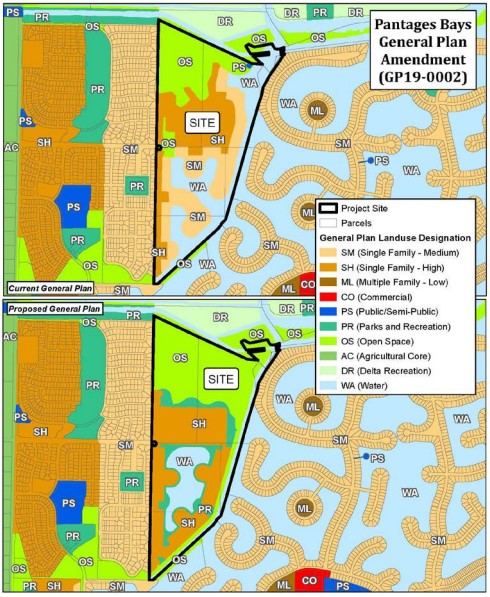
Pantages Bays General Plan Amendment maps. From presentation.
Dave Rehnstrom, EBMUD Manager of Water Distribution Planning, said contrary to the developer’s proposed water conservation efforts, “EBMUD finds this project’s water conservation measures are insufficient.”
Mainly because developers of controversial the Tassajara Parks Residential Project have proposed to dedicate 727 acres of land to the East Bay Regional Park District, that move won the support from a few environmental organizations especially Save Mt. Diablo.
After several failed attempts to obtain state and federal regulatory permit approvals since 2013, developers of the proposed Pantages Bays Project near Discovery Bay, the new project proposed would subdivide the same site into 277 residential lots, which is 15 lots less than the original 2013 project.
With two public trail systems providing 5,200 linear feet of trails and walkways, the proposed project consists of two lakes, Lake South approximately 23 acres in size, and Lake North, about seven acres in size.
Of the 277 units planned for Pantages Bay Project, about 42 units are required to be set aside as affordable housing units. Eighty percent of the affordable units, 33 units, would be affordable to Moderate income households and 20 percent of the required affordable units, 8 units, would be affordable to low-income households. “An in-lieu fee will be paid for the remaining 0.55 units,” the county planning department document states.
“This project will help alleviate a lot of the illegal dumping that occurs in that area,” Burgis observed.
Approve Amersco Natural Gas Processing Facility and Pipeline
Without receiving any public comments either in favor or in opposition, supervisors approved on a 5-0 vote Ameresco Renewable Natural Gas’s (ARNG) proposal to construct a new 48,000 square foot renewable natural gas facility on the Keller Canyon Landfill site in Pittsburg.
The publicly traded Ameresco that has been operating on the Pittsburg landfill site a RNG operation since 2009 now proposes constructing a newer RNG processing facility of about 48,000 square feet or 1.1 acres on a level pad of about 84,000 square feet. Operating 24 hours a day, seven days a week, the operation would be overseen by two operators for 40 hours per week.
According to a press release from Republic Services, which owns the landfill, “The dedication of the Keller Canyon Landfill gas-to-electricity project marks the second time this year that Republic Services, Inc. (NYSE:RSG) and Ameresco have partnered to develop and expand renewable energy sources for California and to provide power to residents of and businesses in Palo Alto and Alameda.”
“Most of the equipment would be less than 10 feet high except for the proposed enclosed flare, and a few larger pieces of equipment that would vary in height from 25 to 35 feet,” the Conservation and Development Department background document stated. “The proposed enclosed flare would be approximately 50 feet in height, similar to the two existing flares at the Keller Canyon Landfill enclosed flare facility.”
The project also calls for a new RNG underground pipeline to a proposed PG&E metering station located near the eastern edge of the Keller Canyon Landfill. The Ameresco project has drawn some concern from Concord-based Discovery Builders that the proposed pipeline will be near a proposed residential development in Pittsburg.
A spokesman for Ameresco would not answer how much the new RNG facility and pipeline will cost.
During the supervisors’ meeting, Supervisor Federal Glover of Pittsburg said through his office, Ameresco has agreed to pay the county at least $50,000 a year into the Keller Canyon Land Fill Mitigation Fund to help moderate any economic or environmental impacts stemming from the RNG project.
Every year, millions of dollars collected from Republic Services, operation of the Keller Canyon Landfill, are distributed to nonprofit organizations in the Bay Point and Pittsburg area through Supervisor Federal Glover’s office.
Supervisors Seek More Information on Orin Allen Youth Rehab Center Closure
Supervisors also instructed Contra Costa County Chief Probation Officer Essa Ehmen Krause to proceed and collect additional information, including cost figures, about a proposal to potentially move juvenile inmates at Orin Allen Youth Rehabilitation Facility in Byron (Byron Boys Ranch), closing that facility and transferring the inmates to a renovated former juvenile hall on Glazier Drive in Martinez. The former juvenile hall facility is now used or storage.
The proposal was presented to supervisors who are attempting to figure out how to best use resources and address the educational and psychological needs of juveniles at the aged Byron Boys Ranch, constructed in 1960 and is now out of compliance with the American Disability Act.
Due to state legislation and local juvenile rehabilitation efforts, there are now about 15 youths housed at the Byron Boys Ranch, which is used for youths convicted of non-capital crimes. For youths convicted or charged for capital crimes, they are housed at the 209-bed John A. Davis Juvenile Hall constructed in 2005. There are now about 24 inmates at juvenile hall, Krause told supervisors.
Expect Krause to give periodic updates on the potential closure of Orin Allen and the reuse of the former juvenile hall facility.
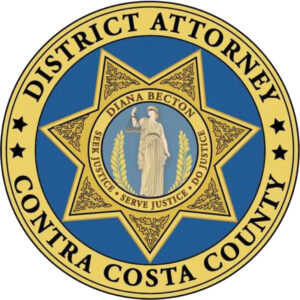 Earlier this month, defendant Brandon Lamont Lindsey of Antioch (born March 20, 1994) was found guilty as charged for the attempted murder and attempted robbery of a Yuba City man. Further, a Contra Costa County jury found true the enhancements listed in the charges against Lindsey, including the discharge of a firearm causing great bodily injury.
Earlier this month, defendant Brandon Lamont Lindsey of Antioch (born March 20, 1994) was found guilty as charged for the attempted murder and attempted robbery of a Yuba City man. Further, a Contra Costa County jury found true the enhancements listed in the charges against Lindsey, including the discharge of a firearm causing great bodily injury.








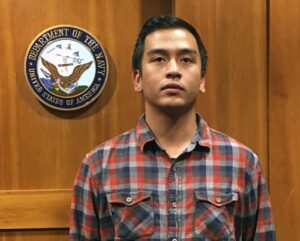







 The Forensic Services Division of the Contra Costa County Office of the Sheriff was awarded $376,101 in grant funding from the federal Bureau of Justice Assistance
The Forensic Services Division of the Contra Costa County Office of the Sheriff was awarded $376,101 in grant funding from the federal Bureau of Justice Assistance 